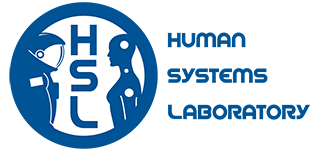Microbiology in Microgravity: An MIT-Portugal Suborbital Payload Experiment
Lígia Fonseca Coelho: PhD Student, Bioengineering, Instituto Superior Técnico (IST) in Lisbon, Portugal
Manuel Almeida: PhD Student, Bioengineering, Instituto Superior Técnico (IST) in Lisbon, Portugal
Jeremy Stroming: Masters Student, AeroAstro Human Systems Lab, MIT
Abstract:
Terrestrial microorganisms found in cold environments are the most adaptable species to cope with conditions on extraterrestrial planetary bodies such as icy worlds and Mars. The stresses include freezing temperatures, high pressures, alkaline environments beneath thick icy shells and harmful radiation. According to “ESA’s Roadmap for Future Research”, the effect of altered gravity on microorganisms, specifically their gene expression, is a key objective to be studied by 2024. Hence, we propose to analyze how the gene expression and metabolism of cyanobacteria (prokaryotic) and microalgae (eukaryotic) changes with altered gravity including the hyper and microgravity experienced in a suborbital flight. Additionally, we aim to understand if photosynthetic cell machinery is an advantage in altered gravity by keeping half our samples in the dark and half exposed to light. This experiment will be housed in a NanoRacks NanoLab payload and fly on a Blue Origin New Shepard suborbital flight scheduled for December 2019.
